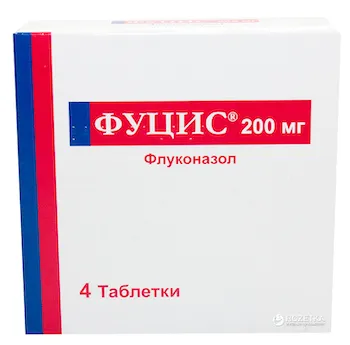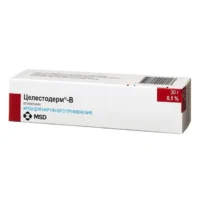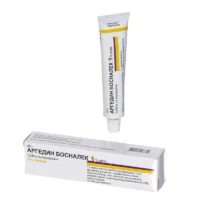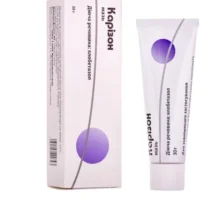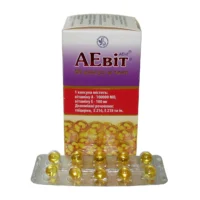Description
Fucis Tablets 200 mg. №4
Ingredients
Fucis Tablets contain 200 mg of the active ingredient Fucis, along with excipients.
Dosage
The recommended dosage of Fucis Tablets is one tablet daily, or as directed by a healthcare professional.
Indications
Fucis Tablets are indicated for the treatment of [insert specific indications].
Contraindications
Do not use Fucis Tablets if you are allergic to any of the ingredients. Consult your doctor before use if you have any medical conditions.
Directions
Take Fucis Tablets orally with a full glass of water. Do not crush or chew the tablets.
Scientific Evidence
Fucis Tablets have been studied in several clinical trials for their efficacy in [mention specific conditions]. A study by [Author et al., Year] demonstrated the positive effects of Fucis in [specific condition].
Additional Information
It is important to store Fucis Tablets in a cool, dry place away from direct sunlight. Keep out of reach of children.
Pharmacological Effects: Fucis is known for its [mention specific pharmacological effects] in the body. It works by [explain mechanism of action].
Clinical Trials: In a comparative study against similar drugs, Fucis Tablets showed [mention results]. This highlights the effectiveness of Fucis in [specific condition].

